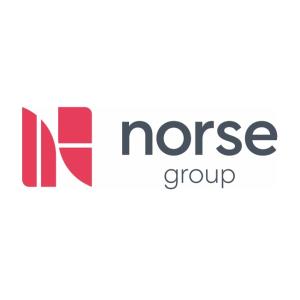
Justin Galliford
The stated vision for the Office for Local Government is for it “to provide authoritative and accessible data and analysis about the performance of local government, and support its improvement.”
It has additionally claimed that it will empower citizens to hold local leaders to account, while supporting those same local leaders looking to innovate and drive self-improvement.
In recent discussions with our council partners and local authority heads, I have detected cross-party scepticism, raising concerns that this new watchdog will pile further pressure on councils and make them more cautious.
While risk aversion may save some councils from the high-profile failures seen in the likes of Croydon, Woking and Thurrock, it can also inhibit the innovation in service delivery that is so vital in times of financial pressure.
It is far easier to adopt a “safety-first mindset which means, in practice, sticking with an unsustainable status quo” as Adam Lent, chief executive of the think-tank New Local wrote earlier this year.
Greater transparency and in-depth analysis of the performance of local government is of course a laudable aim.
However, the requirements for data collection must not be so onerous that they increase the burden which already adversely affects councils’ day-to-day ability to deliver services in line with local residents’ expectations.
In my experience the majority of councils have taken a responsible approach to balancing finances and services; their ability to achieve a consistently high standard of delivery, in the face of the unprecedented pressures of the last few years, has been impressive.
At Norse we work in partnership with over 20 local authorities, who have adapted to the changing economic environment, and ever-rising resident expectations.
I have seen our partners making difficult decisions, working hard to ensure that services are maintained and budgets balanced.
With their local knowledge, they are best placed to understand what needs to be done – and the appropriate levels of risk.
I am concerned the extra scrutiny from Oflog might inhibit council leaders and compromise the innovation that we need to meet future challenges.









